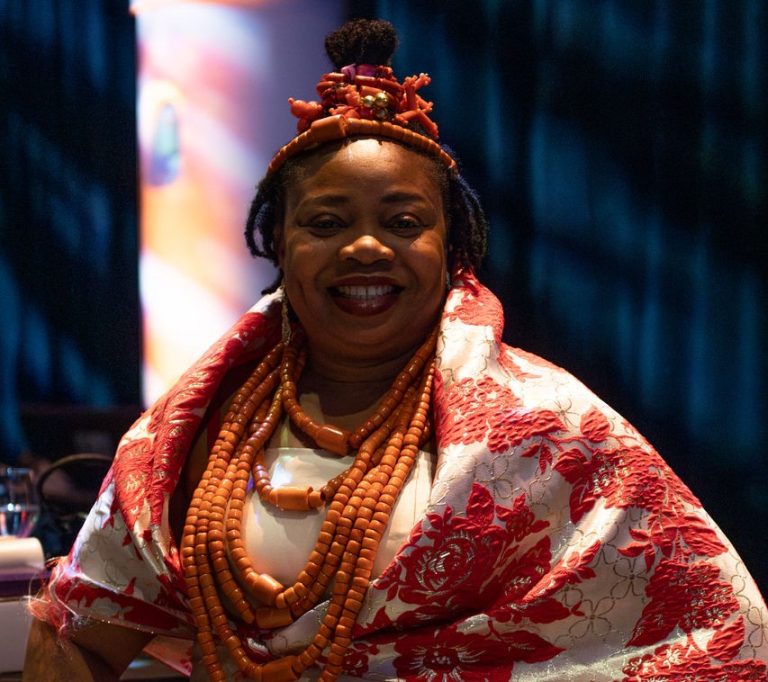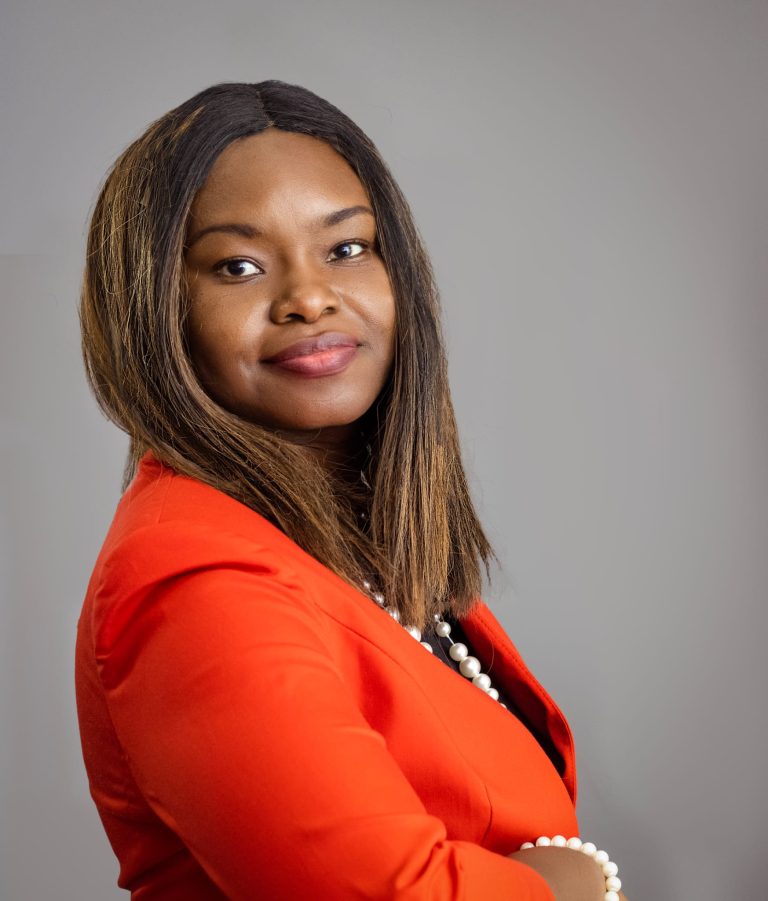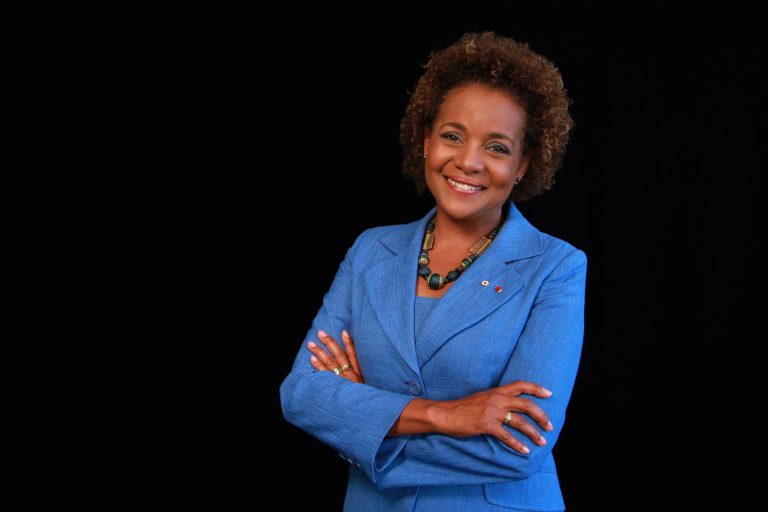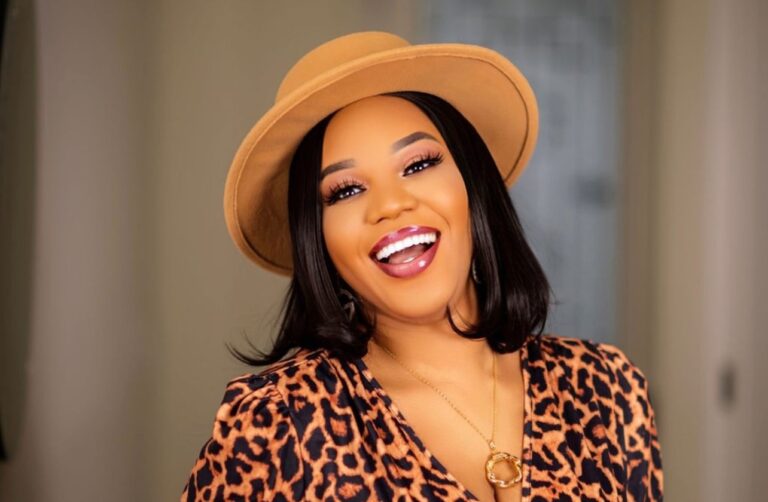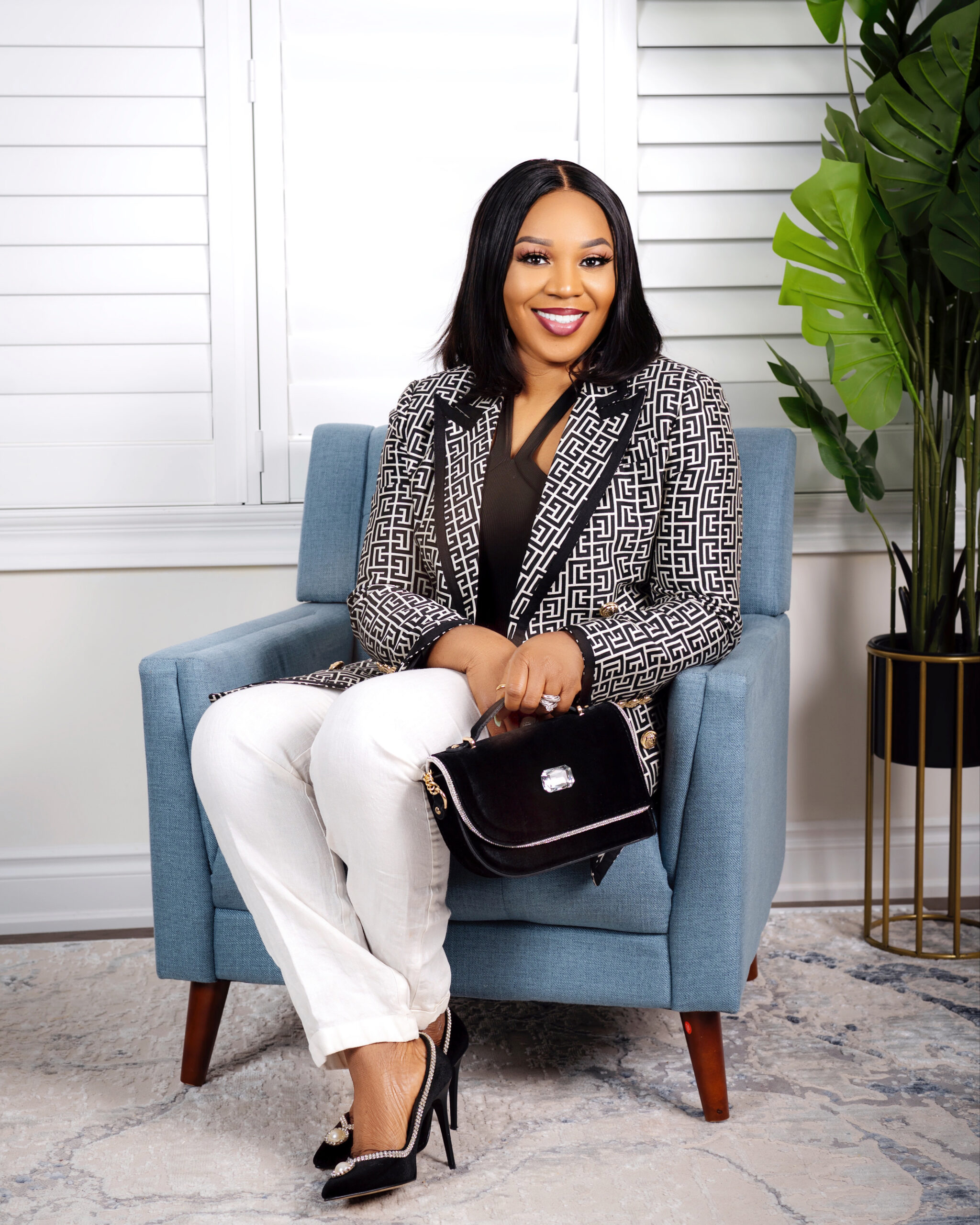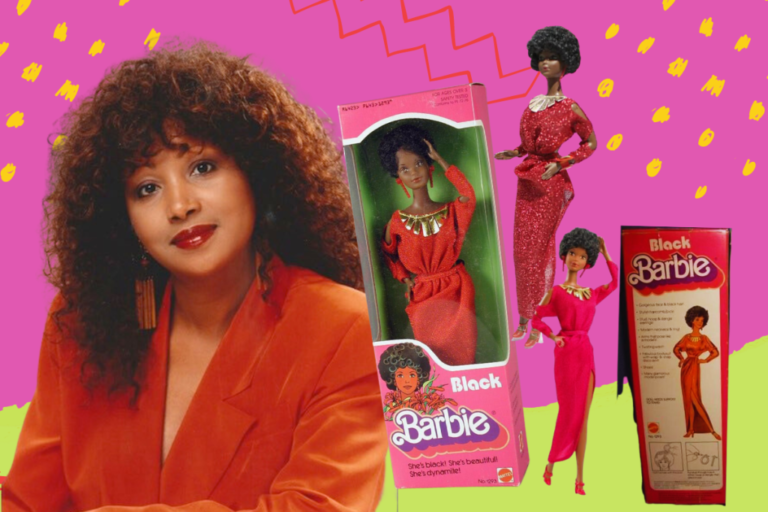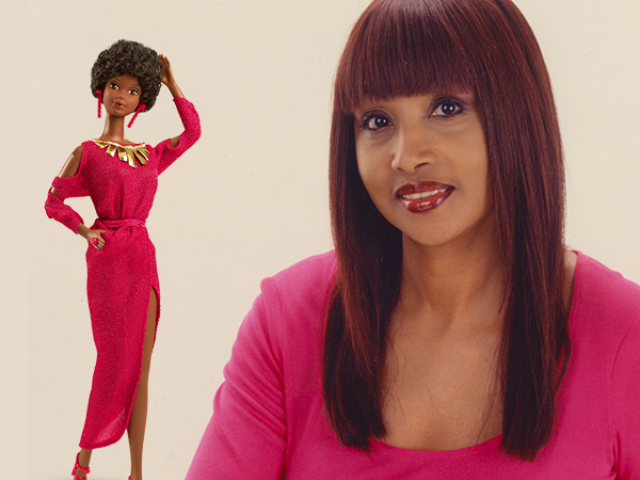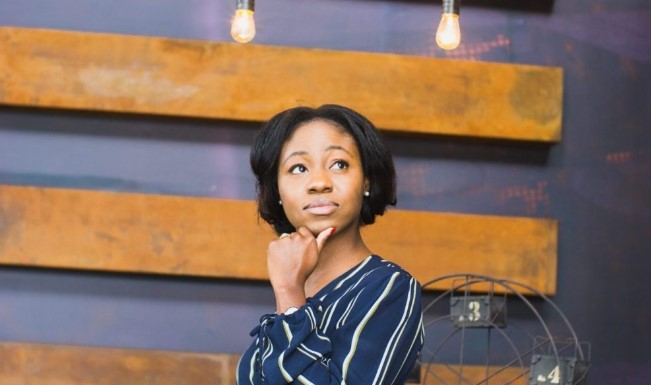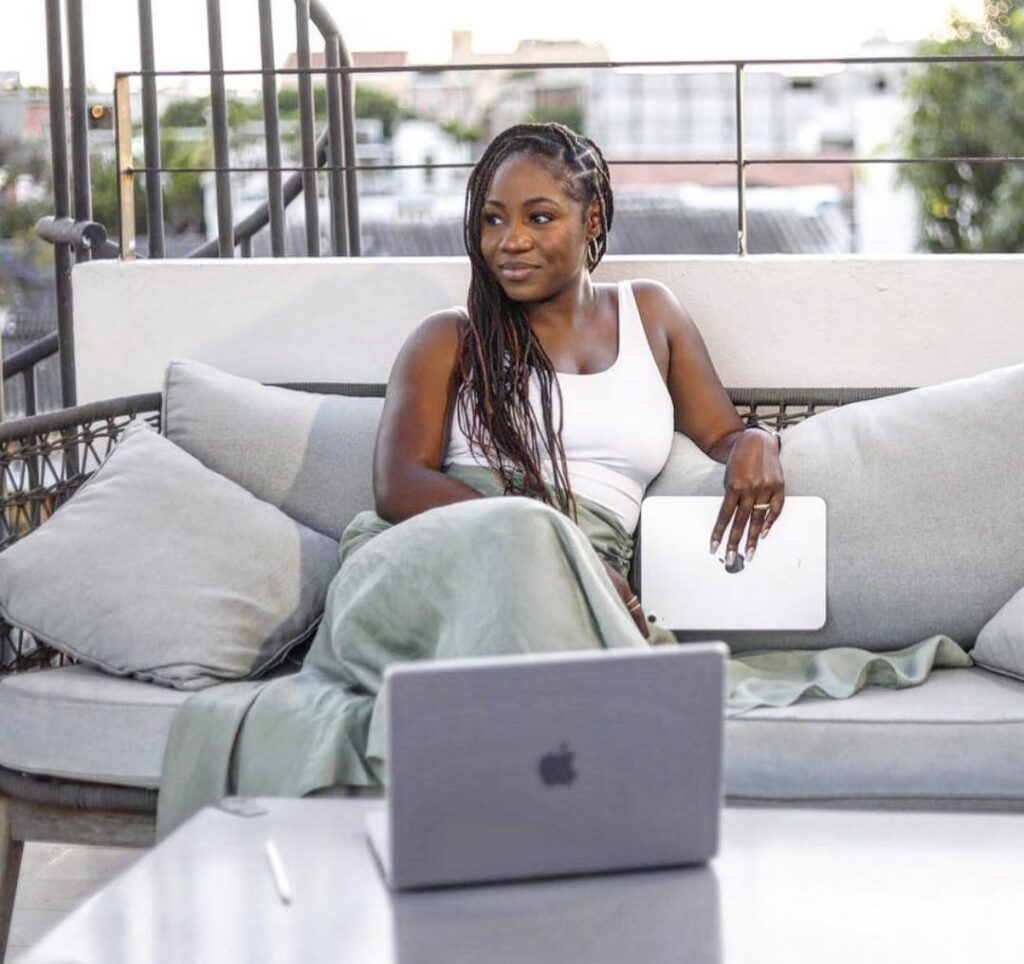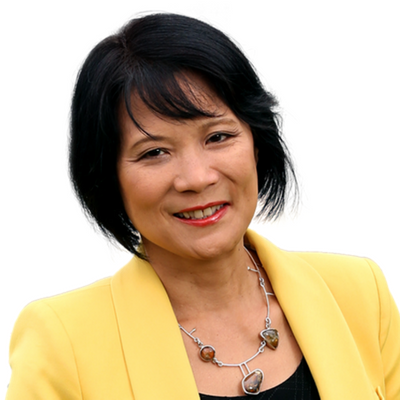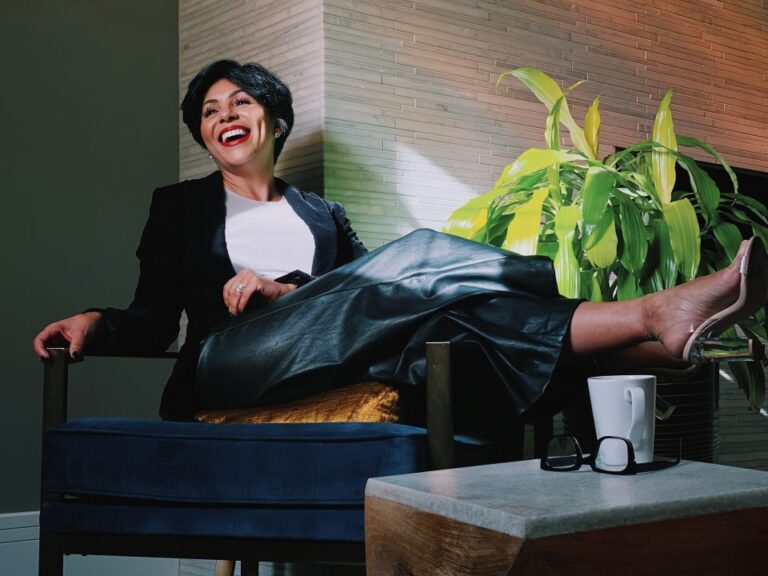This year, as we gather to celebrate International Women’s Day, we stand united not just in celebration of womanhood, but in recognition of the broader role of women in shaping a more inclusive, equitable world. Our theme, “Vision for Inclusion,” is a clarion call to reflect on our collective journey, the strides we have made, the challenges we have overcome, and the path that lies ahead.
Let us first ponder a profound question: Where would we be today if women had not spearheaded some of the most pivotal movements and protests in history? Imagine a world without the tenacity of women who fought for suffrage, for civil rights, and for equality in the workplace. Consider the absence of voices like those of Rosa Parks, whose simple act of defiance became a monumental symbol of the civil rights movement. Rosa’s refusal to give up her seat on that Montgomery bus wasn’t just about a seat; it was about claiming her rightful place in the fabric of society. Her courage reminds us that change often begins with the actions of one, not the crowd.
As I reflect on my personal journey, arriving in Canada some years ago and founding Women of Dignity International (WODI), I’m reminded of the challenges and triumphs that have marked our collective progress. Establishing WODI was not just about creating another organization; it was about building a platform where women’s voices could be amplified, where their struggles could be shared, and their achievements celebrated. It was about creating a space where women from diverse backgrounds could come together to advocate for change, support one another, and push the boundaries of what is possible.
I was confronted with a reality that was both challenging and illuminating. I encountered barriers, not just of language and culture, but of perception and opportunity. These challenges were not unique to me; they are faced by countless women who find themselves in new lands, striving to rebuild their lives and redefine their identities. For new migrants, there’s always the anxiety of speaking out and being heard. I have always believed that if we don’t rise to defend and protect new migrants, and create a pathway for them to thrive, who will? Unfortunately, we begin to lose the plot when women struggle to find their voices.
It was through these struggles that the vision for Women of Dignity International (WODI) was born—a vision fueled by the belief that every woman, regardless of her background, has the right to live with dignity, to have her voice heard, and to contribute to society. WODI became a beacon of hope, not only for immigrant women but for all women seeking to make a difference in their communities and beyond.
However, just like many success stories in life, the road to inclusion is fraught with obstacles. Across the globe, women continue to grapple with issues of violence, discrimination, and inequality. The gender pay gap persists, undermining the economic independence and security of women. In many parts of the world, girls are still denied access to education, depriving them of the knowledge and skills needed to thrive. Women’s health and reproductive rights are still under threat, and domestic violence against women is still on the increase, limiting their autonomy over their bodies and lives.
These are not abstract problems; they are real, pressing issues that affect millions of women and girls every day. They remind us that our work is far from over and that the vision for inclusion requires relentless effort, unwavering commitment, and collective action.
Our vision for inclusion goes beyond mere representation and affirmative action. It’s also about influencing policy, about making sure that women’s perspectives are not just heard but are integral to the decision-making process starting from our communities. It’s about recognizing the interconnectedness of our struggles and the power of our collective action. The breakthroughs we celebrate today, as women, are the result of relentless advocacy, of challenging the status quo, and of women daring to envision a different world. If we are pregnant with a burden, we will surely deliver the consequences of our passions.
So, how do we strategize for greater impact and participation in the socio-political discourse? The answer lies in education, in the indoctrination of young girls into positive activism in schools, and in readying them for relevance in innovative technological solutions.
Education is the cornerstone of empowerment for both old and young. By ensuring that girls have access to quality education, we equip them with the tools they need to challenge injustices, become leaders in their communities, and contribute meaningfully to societal progress. But education alone is not enough. We must also foster a culture of activism, encouraging young girls to engage with the issues that matter, to raise their voices, and to take action. This means creating safe spaces for dialogue, for questioning, and for critical thinking. Freedom is at the heart of admirable inclusive pursuit.
As we look to the future, we must also recognize the role of technology in shaping a more inclusive world. Women and girls must be at the forefront of technological innovation, not just as consumers but as creators, engineers, and leaders. By bridging the gender gap in STEM (Science, Technology, Engineering, and Mathematics), AI and encouraging women-led startups, we open up new pathways for participation, problem-solving, and progress.
As we draw our reflections to a close, let us carry forward the spirit of resilience and advocacy, echoing the powerful words of the late, great Ruth Bader Ginsburg, a relentless warrior for gender equality: “Women belong in all places where decisions are being made. It should not be that women are the exception.” May this quote inspire us to persist in our efforts, ensuring that women are not only included but integral in shaping the future. Together, we stand, united in our quest for a world that celebrates, respects, and uplifts every woman. Thank you.
WODI WE MOVE…
